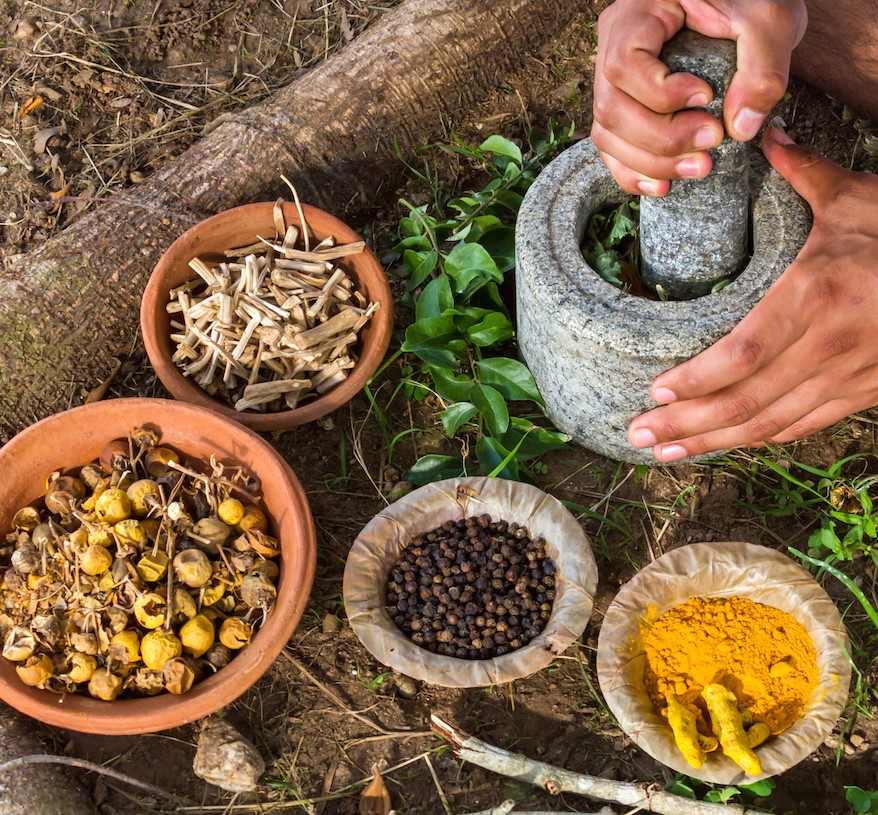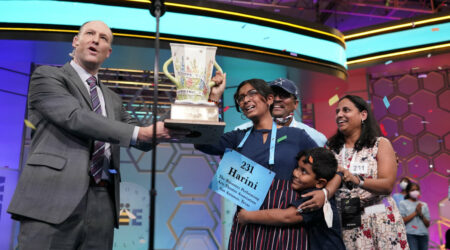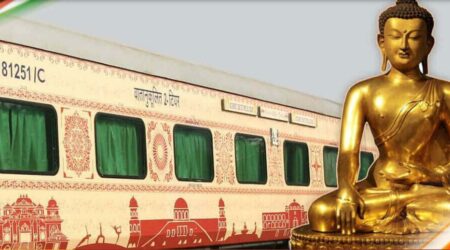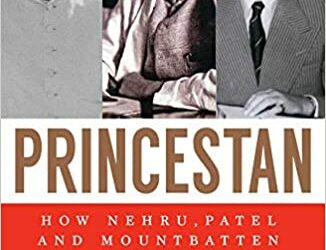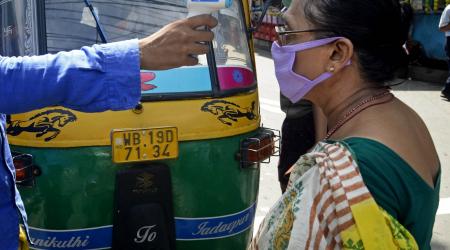By Bhaswati Bhattacharya
MPH MD (Family Medicine),
PhD (Ayurveda‑BHU)
Pan-India concept of Jhutha
jhutha (Hindi) जूठा
ettho (Bengali) এঁেঠা
ushta (Marathi)
enjalu (Kannada)
eccam (Malayalam)
aintha (Odia)
made (Tulu)
engili (Telugu)
eccil (Tamil)
uchchhishta (Sanskrit) उच्छिष्ट
To the untrained eye, these practices are samskaras, superstitious acts with no scientific basis. To the initiated mind of an uchchhiṣṭa club member, however, the nuances of these rituals are second nature because we grew up with the rules, and they resemble the best clinical guidelines used in surgical suites, GMP facilities, tissue culture labs and microbiology lockdown units.
During early childhood, my mother taught me to wash my hands upon waking. She demanded we wash hands after returning from school, before meals, after meals, after every visit to the bathroom, after playing outside, returning from friends’ houses, after shopping errands, upon entering the kitchen, before bed, and certainly before and after puja.
As we moved around different cultures, people would ask why we washed our hands so much. We had learned the rules as second nature, taught from childhood, followed instantly and instinctively, but we could not explain them. That made us weird. When we enquired to our elders, some would reply it was to abide by religion. Some said they were caste rules. Some replied it was for compulsive samskara. Some said it is simply the Hindu view on life. My scientist father would retort that our rituals were ancient hygiene.
My mother, the source of all knowledge for children like me, quietly explained: To get people to follow the laws of conduct to quell the spread of diseases, authorities called it religion, caste-rules, Hindu views, or hygiene. Ancient texts give such detail that they must have understood the horrors of pandemics before they died. The original knowledge was placed into ancient guidebooks safely for descendants beyond the 14 generations. Many of these were stolen out of India and never repatriated, still lying in the zoos of captured rare manuscripts in European nations.
While universally understood in traditional circles of India today and commonly understood by anyone descending from the Sanskritic languages, the concept of juttha (eṇttho in Bengali) was completely illogical and foreign to our new neighbors. Those who married into western families could never explain to their spouses what uchchhiṣṭa means. But our family understood, and those people were relieved to come to our Indian home in America, just to be able to follow the rules of uchchhiṣṭa and feel free. We knew how it plays into every aspect of actions we take, and how it rules our relationships with material objects.
The Sanskṛit term uchchhiṣṭa has a root form, to be left behind. It describes things we claim energetically, either by intention or touch, that we then leave behind without completing. It has a sense of leaving atoms and energetic imprints that belonged to you, behind as you move on, tagged by a once-owned moment in time and space. That energy of not having completed it lingers and can only be undone by cleansing rituals using earth, water, fire, and wind to wipe away our human karma.
Many Bharatiya rituals today are directly related to rules of uchchhiṣṭa, including bathing before cooking or entering the altar area, changing into clean clothes before entering the inner portions of the house, washing the feet and hands before bed, touching the diyas only with clean, freshly-washed hands, and many acts of washing that could be classified hygiene such as not wearing shoes indoors, not sharing combs or socks, not touching others’ bedsheets or pillows. But it extends to rituals of clean practices which begin with washing the hands, face and feet to start the day. Some of us also use water to clean the marma points associated with our five senses as well. These rituals are done before and after meals, before and after sex, and at the end of the day.
Then there are the guidelines that become very personal around food. The rules of uchchhiṣṭa apply to separation of utensils for serving and for eating. If someone’s lips have touched an item, that item cannot touch any other item. Followers do not share plates. We do not stick fingers or used utensils into vessels that will serve fresh food to several people. We do not share cups. We do not touch a person while they are eating. We do not share leftover food portions from a plate that has been served, especially those that remain after a portion of the item has been eaten, touched or given to someone, even if they did not eat it. We do not eat from a central vessel. We never lick the serving spoon.
To the untrained eye, these practices are samskaras, superstitious acts with no scientific basis. To the initiated mind of an uchchhiṣṭa club member, however, the nuances of these rituals are second nature because we grew up with the rules, and they resemble the best clinical guidelines used in surgical suites, GMP facilities, tissue culture labs and microbiology lockdown units.
As compulsive as the rules of uchchhiṣṭa may seem, they relate closely with the laws of epidemics. They are the peacetime versions of rules followed during the wars against contagious disease, direct descendants of janapada-uddhvansa. In times of crisis, the Ayurvedic prevention solution included cleaning the land using dhoopana at sunrise and sunset, cleaning the air by burning anti-microbial and poisonous plants with some moist leaves and oil, known now as fumigation, and lighting of diyas thrice daily at each sandhya. Clean flowing water was used to reestablish harmony in the environment and ecology of trees, birds, animals and soil. The body was fortified and pre-habilitated as personal land, oiling the nose and skin before traveling, giving purification and restoration.
During times of peace, the guidelines of uchchhiṣṭa were embedded into the rules of dinacharya and rtucarya as the norm across the subcontinent, instituting fasting, the use of antimicrobial powders in cultural festivals and deities’ birthdays. Day-to-day practices of uchchhiṣṭa halted spread of disease. These guidelines were then engraved into societal laws using religion and caste to enforce their importance. Decades after the diaspora of Indians has diffused across the globe, the elusive concept of uchchhiṣṭa has yet to be explained clearly to non-club members. Yet it is an essential resource and source of protection during a pandemic.

Dr. Bhaswati Bhattacharya is a Fulbright Specialist 2018-2022 in Public Health and Clinical Asst Professor of
Medicine, Weill Cornell Medical College, New York. Her undergraduate minor at UPenn was in South Asia Studies. She is the author of bestselling ‘Everyday Ayurveda’, published by Random House India.
She is writing a regular column for The South Asian Times. She can be contacted at [email protected], website: www.drbhaswati.com.


